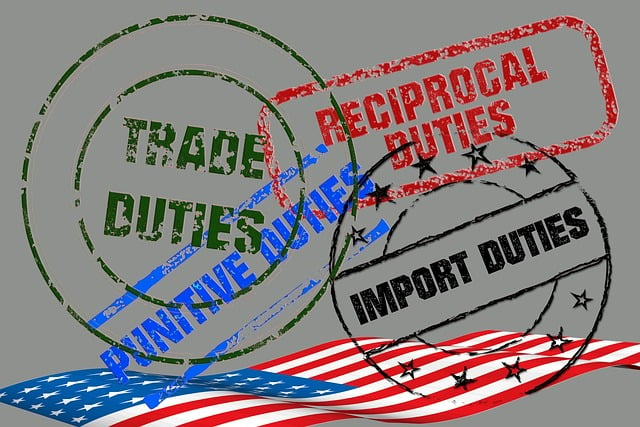Child support rights and responsibilities are crucial for parents navigating post-separation parenting, with legal duties based on income, custody time, and child needs. State laws govern these obligations, ensuring children receive essential resources like food, education, and healthcare. Understanding these parental duties is vital for fairness, stability, and fulfilling the best interests of the child in diverse family structures.
“Unraveling the complexities of child support is essential for fostering stable and secure families. This comprehensive guide delves into the key elements of child support responsibilities, offering a detailed look at both parental rights and obligations. From the legal framework defining support as a duty and right to the factors influencing payment determinations, we explore state-specific regulations and practical methods for implementation. Understanding these dynamics is crucial for custodial and non-custodial parents alike, ensuring every child receives the financial support they need.”
- Legal Framework and Definition of Child Support
- – Understanding the legal duties and obligations tied to child support
- – State laws and regulations governing child support
- Determining Child Support Rights and Obligations
Legal Framework and Definition of Child Support

Child support is a fundamental aspect of parental responsibilities, ensuring the financial well-being and stability of children after their parents’ separation or divorce. Understanding child support rights and duties is crucial for both parents to fulfill their legal obligations. The concept revolves around the parent with primary custody providing financial assistance to cover the child’s needs, including basic necessities, education, healthcare, and other expenses. This support is determined by various factors, such as income levels, the time spent with the child, and the specific needs of the offspring.
The legal framework surrounding child support varies across jurisdictions but generally involves legislation that outlines parental obligations to provide financial support for their children. These laws aim to protect the best interests of the child and ensure they receive the necessary resources for a healthy and prosperous future. By defining child support rights and responsibilities, these legal duties enable fair distribution of resources, promoting stability and allowing children to thrive in their post-parental arrangement lives.
– Understanding the legal duties and obligations tied to child support

Understanding child support rights and responsibilities is crucial for both parents as it forms the legal framework for financial contributions towards a child’s upbringing. In many jurisdictions, there are specific laws outlining the parental obligations related to support, ensuring children receive the resources they need for their well-being. These duties involve providing for the child’s basic needs, including food, clothing, shelter, education, and healthcare. Parents have a legal responsibility to contribute financially based on their income levels and the time they spend with the child.
The concept of child support rights and obligations is an essential aspect of family law, promoting fairness and stability in situations where parents separate or divorce. It offers a structured approach to ensuring children’s needs are met, fostering a sense of responsibility among both parents. By understanding their legal duties, individuals can navigate the complexities of support arrangements and make informed decisions regarding their parental obligations.
– State laws and regulations governing child support

Child support rights and responsibilities are governed by state laws and regulations, which provide an overview of parental obligations to ensure a child’s financial security after separation or divorce. Understanding these legal duties is crucial for both parents as it outlines each parent’s share of expenses related to the child’s well-being. The amount and method of payment are typically determined by factors such as income, parenting time, and the specific needs of the child.
State laws offer a structured system where child support rights are clearly defined, ensuring fairness and accountability. This legal framework not only protects the rights of children but also fosters a sense of responsibility among parents. By adhering to these regulations, parents can maintain a stable environment for their children, even during challenging family transitions.
Determining Child Support Rights and Obligations

Understanding child support rights and obligations is a crucial aspect of navigating the legal duties surrounding parenthood. When parents separate or divorce, determining child support becomes an essential part of ensuring the financial well-being of the children involved. The primary focus is to establish a fair and reasonable arrangement where both parents contribute to their offspring’s maintenance based on their individual earning capacities and the time they spend with the child.
This process involves a comprehensive overview of various factors, including income levels, living arrangements, and the specific needs of the child. Legal guidelines provide a framework for calculating support, considering both parental rights and obligations. By assessing these elements, courts can make informed decisions, ensuring that children receive the necessary financial support while also fostering a sense of stability and fairness among separated or divorced parents.






